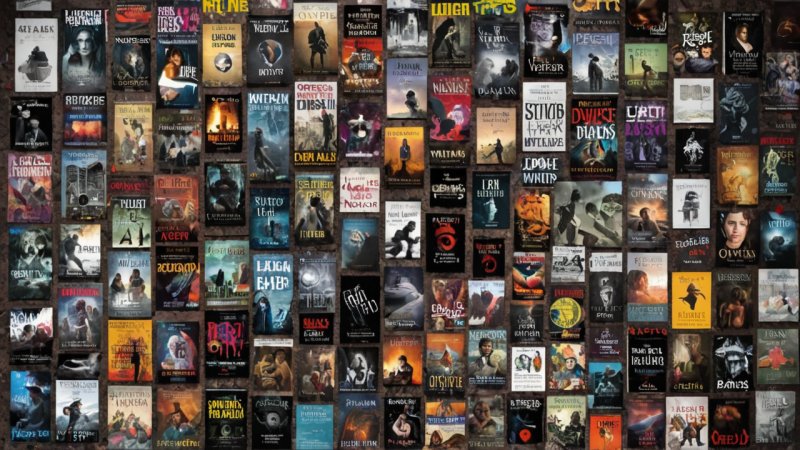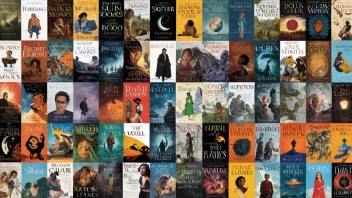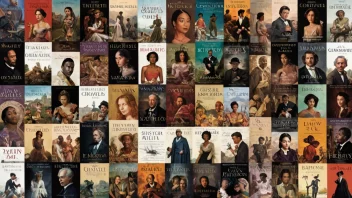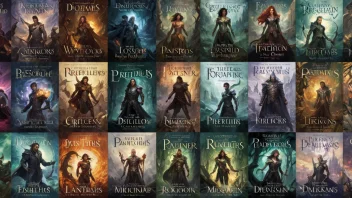Dystopian fiction has seen a significant surge in popularity over the past few decades, captivating readers with its chilling depictions of future societies and the consequences of human action. This genre serves as a powerful lens through which we can examine contemporary issues, making it more relevant than ever. In this article, we will explore the rise of dystopian fiction and highlight must-read books that have defined and shaped this genre.
The roots of dystopian literature can be traced back to classics such as George Orwell's 1984 and Aldous Huxley's Brave New World. These works have laid the foundation for understanding the implications of totalitarianism, surveillance, and the loss of individual freedoms. In 1984, Orwell presents a chilling vision of a society governed by oppression and psychological manipulation, while Huxley's narrative explores the dangers of a hedonistic society that sacrifices individuality for the sake of pleasure. Both novels remain timeless, resonating with readers who recognize parallels in our modern world.
In recent years, the dystopian genre has expanded to include diverse perspectives and narratives that reflect current societal anxieties. For example, Margaret Atwood's The Handmaid's Tale addresses issues of gender oppression and reproductive rights, becoming a symbol of feminist literature. Atwood's haunting portrayal of a theocratic regime serves as a cautionary tale about the potential loss of women’s rights, making it a must-read for anyone interested in the intersection of literature and social justice.
Another noteworthy title is Suzanne Collins' The Hunger Games, which has captivated young adults and readers of all ages. This series introduces a brutal world where the government oppresses its citizens through violence and spectacle. The protagonist, Katniss Everdeen, becomes a symbol of resistance and resilience, embodying the spirit of rebellion against oppressive regimes. The series not only entertains but also invites readers to reflect on themes of power, sacrifice, and the morality of survival.
Shifting gears to a more recent title, N.K. Jemisin's The Fifth Season has made waves in the literary world, winning multiple awards for its innovative storytelling and exploration of systemic oppression. This novel intricately weaves themes of climate change, social hierarchy, and familial bonds into a unique fantasy setting. Jemisin's work stands out as a powerful commentary on real-world issues, demonstrating how dystopian fiction can provide insight into our present and future.
Additionally, the young adult dystopian genre continues to thrive, with books like Veronica Roth's Divergent and Marie Lu's Legend engaging younger audiences with relatable characters and gripping plots. These narratives often challenge societal norms and encourage readers to question authority, making them not just entertaining but also thought-provoking.
In conclusion, the rise of dystopian fiction reflects a growing need to grapple with the complexities of our world. The genre serves as both a warning and a source of hope, prompting readers to envision a better future. Must-read books such as 1984, The Handmaid's Tale, The Hunger Games, The Fifth Season, and others provide valuable insights into the human experience and the consequences of societal choices. As we continue to navigate the challenges of modern life, these narratives remind us of the power of literature to inspire change and provoke critical thought.






